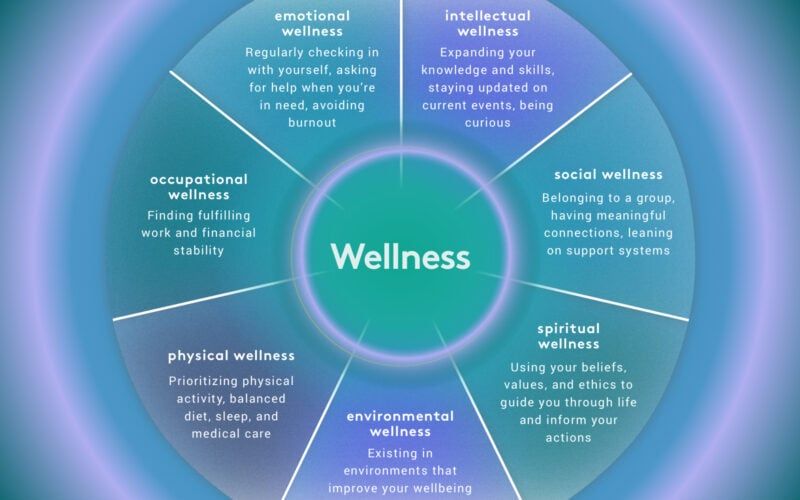In today’s fast-paced world, it can be challenging to maintain a healthy lifestyle. With constant demands from work, family, and social obligations, finding the right balance between all aspects of life can seem like an impossible feat. However, achieving balance is crucial for overall well-being and long-term health. In this article, we will explore the science behind balanced living and provide insights on how to achieve a healthier, more fulfilling life.
The Importance of Balance
Balance is key to maintaining a healthy lifestyle. When our physical, mental, and emotional well-being are in harmony, we are better able to cope with stress, ward off illnesses, and feel more energized and focused. Research has shown that people who lead balanced lives are happier, more productive, and live longer, healthier lives.
Physical Well-Being
Physical well-being is the foundation of balanced living. Eating a nutritious diet, engaging in regular exercise, getting enough sleep, and avoiding harmful substances are all essential for maintaining good health. Studies have shown that physical activity can improve mood, reduce stress, and boost overall well-being. By taking care of our bodies, we can prevent chronic diseases, increase longevity, and enhance our quality of life.
Mental Well-Being
Mental well-being is equally important for balanced living. Stress, anxiety, and depression can take a toll on our mental health and overall well-being. Practicing mindfulness, meditation, and self-care can help reduce stress, improve focus, and promote emotional resilience. Research has shown that meditation and yoga can lower cortisol levels, reduce inflammation, and improve mental clarity. By prioritizing mental health, we can enhance our overall well-being and lead happier, more fulfilling lives.
Emotional Well-Being
Emotional well-being is the glue that holds physical and mental health together. Cultivating healthy relationships, practicing gratitude, and expressing emotions in a constructive way are all essential for emotional well-being. Research has shown that strong social connections can improve mood, reduce stress, and boost self-esteem. By nurturing our emotional health, we can build stronger relationships, increase resilience, and lead more fulfilling lives.
Strategies for Achieving Balance
There are several strategies that can help us achieve a more balanced lifestyle:
Develop a daily routine that includes healthy habits such as exercise, healthy eating, and sufficient sleep.
Practice mindfulness and meditation to reduce stress and improve mental clarity.
Cultivate strong social connections by spending time with friends and loved ones.
Engage in hobbies and activities that bring joy and fulfillment.
Set boundaries and prioritize self-care to avoid burnout and overwhelm.
Conclusion
Balance is the key to a healthier, more fulfilling life. By taking care of our physical, mental, and emotional well-being, we can improve our overall quality of life, increase longevity, and enhance our well-being. By incorporating healthy habits, practicing self-care, and nurturing relationships, we can achieve a more balanced lifestyle and enjoy the many benefits that come with it. Remember, the key to balanced living is consistency and mindfulness. Start small, make gradual changes, and watch as your life transforms for the better.

